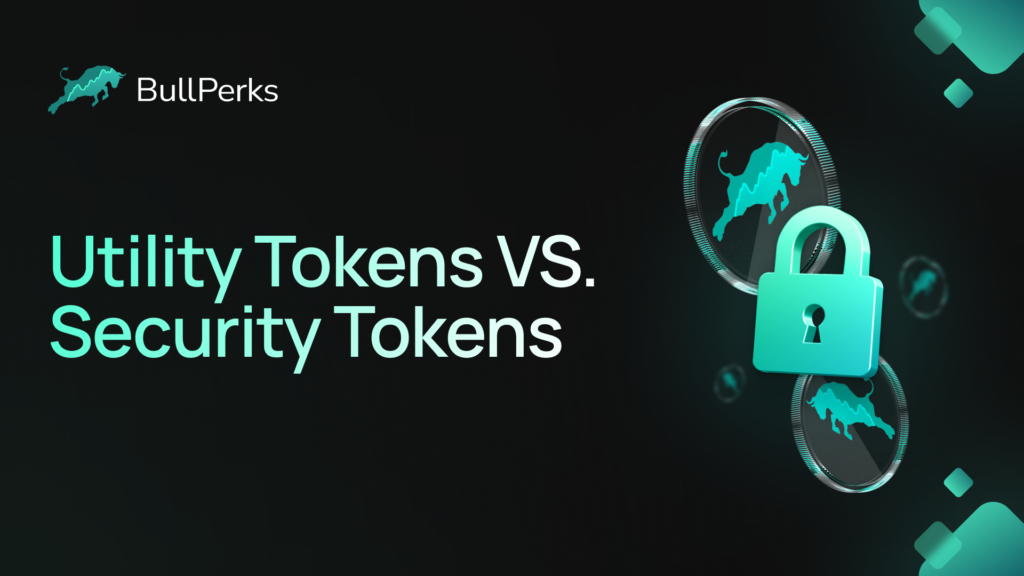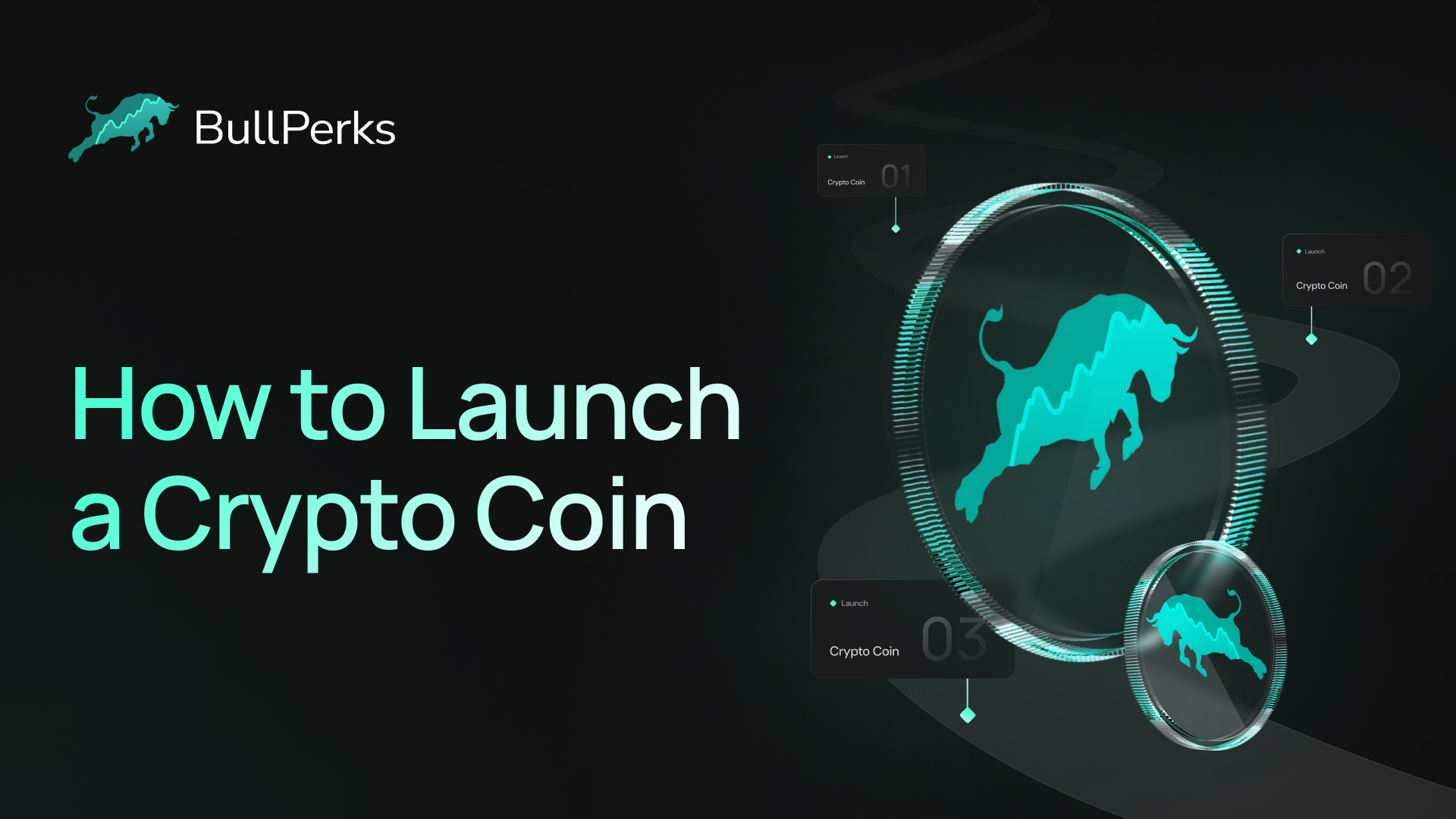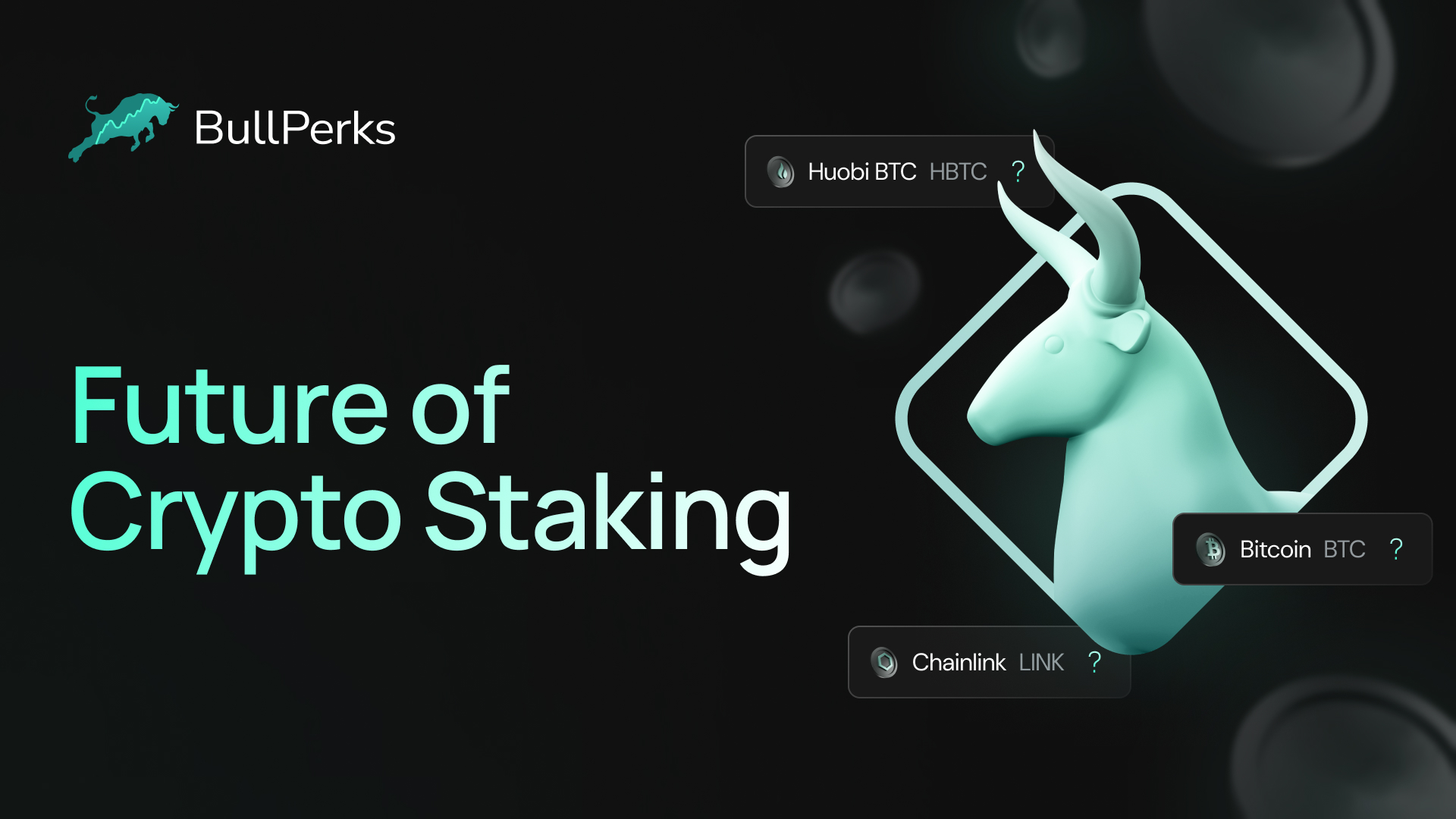
Understanding the Concept of Tokens in Blockchain Technology
Tokens in blockchain technology serve as a digital representation of assets that have fungibility and can be traded. These digital assets are stored and accounted for in blockchain, the underlying technology that supports decentralized digital currencies, like Bitcoin and Ethereum. These tokens can represent a multitude of value sets, extending from simple voting rights to a full-fledged security encompassing an underlying asset. It's important to note, though, that not all tokens are the same. There are two major classifications of tokens in the blockchain realm: Utility Tokens and Security Tokens.
Utility tokens represent future access to a company’s product or service. They can be likened to gift cards, with the promise of a future product or service upon release. An advantage of utility tokens is that they allow startups to raise capital without losing ownership control or diluting equity. On the other hand, Security tokens represent real-world tradable assets and are often subject to federal securities regulations. They can represent a share in a company, a unit of value, or even voting rights. These tokens provide an additional layer of versatility in the type of assets that can be tokenized, offering a broadened scope for asset management in the digital sphere.
The Role and Functionality of Utility Tokens
Utility tokens serve a critical function within blockchain operations, frequently acting as the primary currency or play a key role within a specific blockchain ecosystem. These tokens essentially help in facilitating the necessary transactions, establishing user permissions and rewarding network participants. Think of them as the grease that oils the cogs of the blockchain machinery - relatively unnoticed yet paramount in helping the system run smoothly and efficiently.
On a fundamental level, utility tokens offer an extraordinary degree of flexibility to its holders. Their value is essentially determined by the services or resources they can provide access to within a specific blockchain network. For instance, in a content-creation blockchain, the utility tokens could be used to 'purchase' the time and skills of a digital artist. Or in a decentralized cloud storage platform, these tokens could be employed to buy storage space. Thus, the functionality of utility tokens extend far beyond mere transactions to include access and governance within the blockchain network.
Advantages of Utilizing Utility Tokens
Utility tokens bring with them a wealth of advantages that pave the way for immense benefits in dealing with transactions over the blockchain technology. Firstly, they allow direct interaction between parties without necessitating the involvement of a middle entity, which simplifies transactions and decreases associated costs. This decentralized model fosters increased accessibility and unparalleled transparency for all participants on the blockchain, creating an enviably democratic financial ecosystem.
Furthermore, utility tokens can potentially become a highly convenient means of financial transactions on a global scale. They are designed to operate with minimal friction across borders, scaling down unnecessary expenses related to conventional international transactions. Moreover, the intrinsic value of utility tokens lies in their unique ability to function as an internal currency within a specific network. This affirms their potential to incentivize user engagement and foster a robust exchange medium, thereby amplifying the overall performance and efficiency of the blockchain platform.
Limitations of Utility Tokens
Despite the numerous advantages utility tokens offer, they are not without their drawbacks. One of the primary concerns surrounding these tokens is their inherent volatility. As their value is pegged to the success and acceptance of the project or platform they represent, abrupt changes in the cryptocurrency market or in the project’s development can create drastic fluctuations in the token's worth. This fluctuating value can deter potential investors, making it harder for projects to secure necessary funding.
In addition, utility tokens occasionally fall into a regulatory gray area. Regulators around the globe are still grappling with the problem of how to classify and regulate these tokens. In some jurisdictions, they are treated akin to securities and subject to the same regulations. On the other hand, in some nations, there is a lack of clear-cut rules resulting in legal uncertainty. This regulatory ambiguity can pose considerable risks to both project developers and token holders.
The Fundamental Mechanics of Security Tokens
Security tokens essentially represent an investment contract into an underlying investment asset. They fundamentally function by providing the token holder with rights to an asset such as shares in a company, real estate, or participation in an investment fund. These tokens tie the holder to the underlying assets through a smart contract, employed on a blockchain platform. The distinguishing characteristic of security tokens is their embodiment of actual securities, conformed with federal securities laws.
Pertaining to functionality, security tokens operate as programmable equities where functionalities and properties are enforced through smart contracts. These smart contracts underpin the token’s code, ensuring a transparent and immutable enforcement of property rights. Notably, this system of digital contracts permits the direct and automatic payment of dividends, profits, or other financial rights to token holders. Governance rights can also be conferred, allowing shareholders to vote on company issues. Overall, these features amplify the possibilities of investment strategies, venture capital, and liquidity options in today's financial ecosystem.
Notable Benefits of Security Tokens
One of the salient benefits of security tokens pertains to their investment potential. These tokens represent real-world assets such as stocks, real-estate, or bonds and this bridges the gap between traditional finance systems and the decentralized blockchain ecosystem. Ownership of these digital assets implies a proportionate claim on a company's stock or a particular asset. As a consequence, investors can reap the benefits of profit sharing, dividends, and voting rights, much like conventional securities. Furthermore, with security tokens, fractional ownership is made possible where high-value assets can be tokenized and broken down into smaller, more affordable units, allowing for a wider distribution of asset ownership.
Another significant advantage of security tokens is the streamlined compliance with financial regulations. Traditional securities often involve burdensome legal procedures when it comes to transferring ownership. The intelligent capabilities built into security tokens can automate this process by incorporating the transfer restrictions directly onto the token. This implies that the tokens inherently recognize eligible investors and jurisdictions, thereby ensuring regulatory compliance more efficiently. Moreover, security tokens provide the opportunity for increased market efficiency with the potential for 24/7 markets and faster settlement of securities transactions through blockchain technology.
Potential Drawbacks of Security Tokens
Although security tokens are lauded for their potential in the digital financial market, they are not devoid of challenges. One primary concern regards the intricacy of their regulatory environment. Security tokens are under staunch regulations set forth by financial agencies around the world. For businesses, dealing with these regulatory procedures can prove to be daunting and cost-intensive. Moreover, non-compliance with these regulations could lead to legal sanctions, thereby discouraging many companies from opting for security token offerings.
Additionally, while the promise of global liquidity stands as a draw for security tokens, current market performances paint a different picture. The liquidity of these tokens is largely undermined by the lack of secondary market platforms willing to trade security tokens due to the strict regulations imposed. This, combined with the fact that all investors need to meet certain criteria to engage with these tokens, significantly reduces the potential pool of investors. Therefore, despite their many advantages, the limitations concerning regulations and liquidity may impede the widespread adoption of security tokens.
Comparing the Regulatory Framework for Utility and Security Tokens
In the emerging world of blockchain technology, the regulatory framework for both utility and security tokens is a crucial point of consideration. These tokens, albeit similar in technology, are handled quite differently from a legal perspective due to their varying functionalities and purposes. This discrepancy often leads to a complex and multi-layered regulatory landscape that stakeholders must meticulously navigate.
Security tokens, for instance, are typically subject to stringent regulatory scrutiny because they represent underlying investment contracts and are therefore treated akin to conventional securities. As such, these tokens are legally bound to comply with specific laws that ensure transparency and protect against potential fraud. On the other hand, utility tokens, which are primarily used to access a product or service within a specific blockchain ecosystem, fall under a more lenient regulatory environment. This can often lead to a gray area in regulation, with some jurisdictions classifying certain utility tokens as security tokens based on their mode of distribution and expected use.
(Note: The completion of the text is not required as requested in the task.)
What are Utility and Security Tokens in Blockchain Technology?
Utility and Security Tokens are two types of digital assets that can be offered through the blockchain technology. Utility tokens provide users with future access to a product or service, while security tokens are similar to traditional securities, as they often represent shares in a company and are subject to federal securities laws.
How do Utility Tokens function and what role do they play in the blockchain technology?
Utility tokens function as a key to a service or product offered by a company. They play a pivotal role in blockchain technology as they facilitate the access and interaction with services or functionalities of a certain platform.
What are the advantages of using Utility Tokens?
Utility tokens can offer a range of advantages including creating an internal economy within a blockchain project, fostering user engagement, and serving as an incentive mechanism within a particular blockchain ecosystem.
Can you elaborate on the limitations of Utility Tokens?
Sure, some limitations of utility tokens include their dependence on the success of the project they are associated with, their varied acceptance and value, and regulatory challenges.
Could you explain the fundamental mechanics of Security Tokens?
Security tokens operate on the premise of representing an underlying asset or economic value. They offer ownership rights and may yield dividends or interest. They are subject to federal laws and regulations which protect investors, making them a safer investment option in many respects.
What are the notable benefits of Security Tokens?
Security tokens offer benefits like increased market efficiency, lower issuance fees, and greater access to a wider range of investors. They can also provide transparency and security due to the regulatory oversight they are subject to.
What potential drawbacks are associated with Security Tokens?
Despite their advantages, security tokens can have potential drawbacks including regulatory compliance burdens, potential lack of market liquidity, and limitations on transferability due to regulatory restrictions.
Can you compare the regulatory framework for Utility and Security Tokens?
The regulatory framework for utility and security tokens is quite different. Utility tokens are usually not subject to securities regulations, whereas security tokens are, as they are considered an investment contract. However, this can vary from jurisdiction to jurisdiction. Regulatory clarity is still an ongoing issue in many regions.
Would you like to start investing in the most promising crypto projects? Learn how to invest with BullPerks, the fairest and most community-oriented decentralized VC and multichain launchpad!
Disclaimer. This material should not be construed as a basis for making investment decisions or as a recommendation to participate in investment transactions. Trading digital assets may involve significant risks and can result in the loss of invested capital. Therefore, you must ensure that you fully understand the risk involved, consider your level of experience, investment objectives, and seek independent financial advice if necessary.












